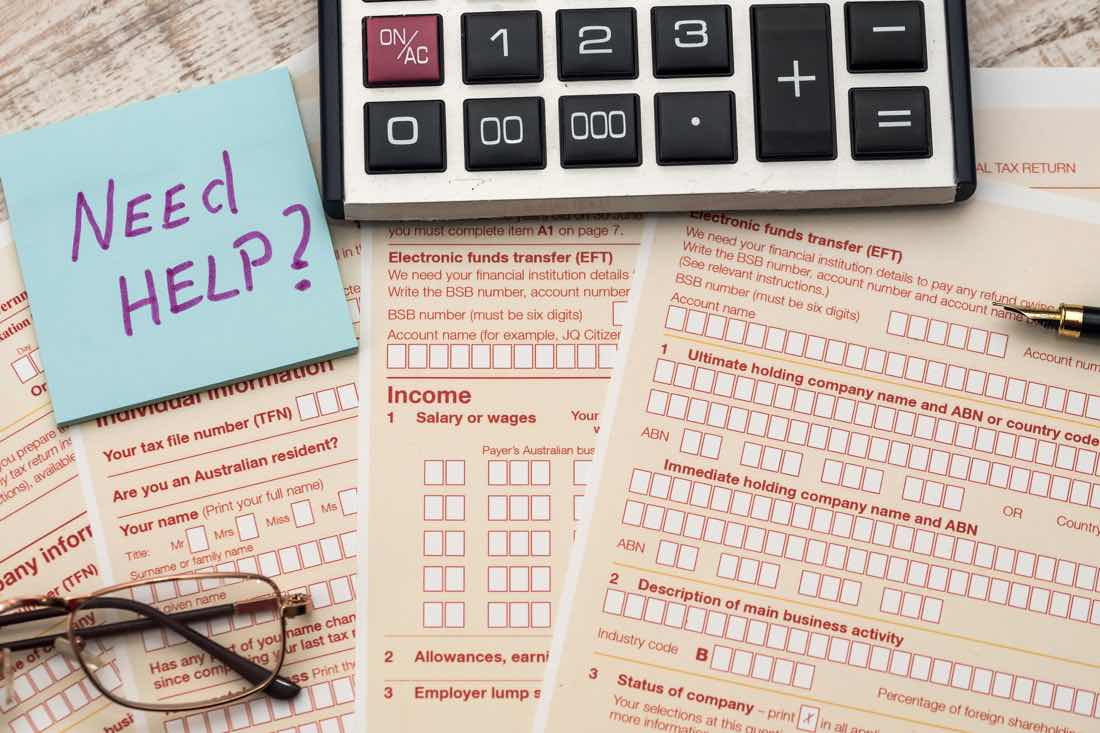Understanding the Company Tax Return in Australia
Introduction
In Australia, businesses are required to file their annual Company Tax Return to the Australian Taxation Office (ATO). This return is a fundamental part of running a company and ensures that businesses are meeting their tax obligations. In this comprehensive guide, we will delve into the details of the Company Tax Return in Australia, including who needs to file, how to file, key deadlines, and important considerations.
Who Needs to File a Company Tax Return?
A Company Tax Return is mandatory for all companies registered in Australia, including proprietary limited companies, public companies, and foreign companies that carry on business within the country. The tax rate for these entities is typically 30%, but there are some exceptions and special provisions for smaller companies.
Small Business Entity Provisions
Small businesses with an aggregated turnover of less than $50 million may be eligible for the small business entity concessions. These concessions can result in a lower tax rate and other benefits, such as simplified depreciation rules and accounting methods. To qualify, the business must meet certain criteria, and it’s essential to check with the ATO for the most up-to-date information.
Foreign-Owned Companies
Foreign-owned companies operating in Australia also need to file a Company Tax Return. These businesses often face unique challenges, such as transfer pricing regulations and tax treaties between Australia and their home countries. Seeking professional tax advice is crucial for these entities to ensure compliance.
Key Components of a Company Tax Return
A Company Tax Return is a comprehensive document that requires companies to report their financial information accurately. Here are some of the key components of the return:

What is company tax return Australia?
Financial Statements
Companies need to provide their financial statements, including their profit and loss statement, balance sheet, and cash flow statement. These statements should be prepared in accordance with the Australian Accounting Standards.
Taxable Income
The taxable income is the amount on which a company’s tax liability is calculated. It includes all the income earned during the financial year, such as sales revenue, interest income, and capital gains.
Deductions
Deductions are expenses that can be subtracted from the taxable income, reducing the final tax liability. Common deductions include employee wages, rent, and depreciation expenses.
Tax Offsets and Credits
Companies may be eligible for tax offsets and credits, which can further reduce their tax liability. These can include research and development tax incentives, foreign income tax offsets, and small business tax offsets.
How to File a Company Tax Return
Filing a Company Tax Return in Australia involves a series of steps. Here’s an overview of the process:
Record Keeping
Maintaining accurate financial records is the first step in preparing a Company Tax Return. This includes invoices, receipts, and all financial transactions related to the business.
Online Lodgement
The ATO encourages electronic lodgement of tax returns, and this can be done through the ATO’s online system, the Business Portal. It’s important to ensure that all financial information is accurate and up-to-date before submission.
Professional Assistance
Many businesses, especially those with complex financial structures or international operations, seek the help of tax professionals or accountants to ensure that their Company Tax Return is accurate and in compliance with all regulations.
Payment of Tax
Once the Company Tax Return is assessed, companies are required to pay any outstanding tax liabilities. It’s essential to ensure that the payment is made by the relevant due date to avoid penalties and interest charges.
Important Deadlines
Filing a Company Tax Return comes with specific deadlines that companies must adhere to. The most important dates to remember include:
Lodgement Deadline
The deadline for filing a Company Tax Return is typically the 31st of October each year. However, if a company is using a tax agent, they may be granted an extension until the following May.
Payment Deadline

The payment deadline for any outstanding tax liabilities is generally due on the same day as the lodgement deadline. If the company has an extension for lodgement, the payment deadline may also be extended.
Common Pitfalls to Avoid
Filing a Company Tax Return can be complex, and there are several common pitfalls that businesses should be aware of:
Inaccurate Financial Records
Maintaining accurate financial records is essential. Inaccurate or incomplete records can lead to errors in the Company Tax Return, potentially resulting in penalties or audits.
Missed Deadlines
Failing to meet lodgement and payment deadlines can result in penalties and interest charges. It’s crucial to mark these dates on the calendar and ensure compliance.
Ignoring Tax Planning
Companies that neglect tax planning may miss out on valuable opportunities to reduce their tax liability legally. It’s wise to explore available tax incentives and concessions.
Conclusion
Filing a Company Tax Return in Australia is a legal requirement for all registered companies. While it may seem daunting, with careful record-keeping and adherence to deadlines, it becomes a manageable task. Seeking professional advice and staying informed about the latest tax regulations and concessions can also help companies make the most of their financial situation while remaining compliant with the law.

